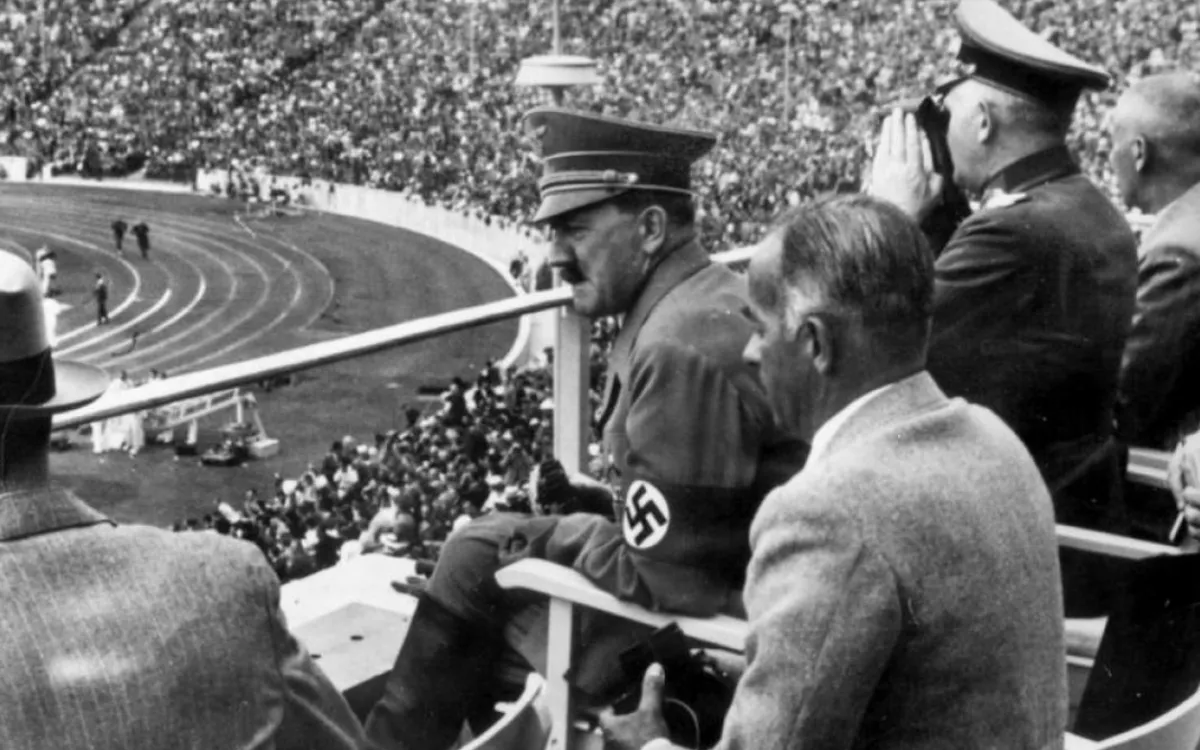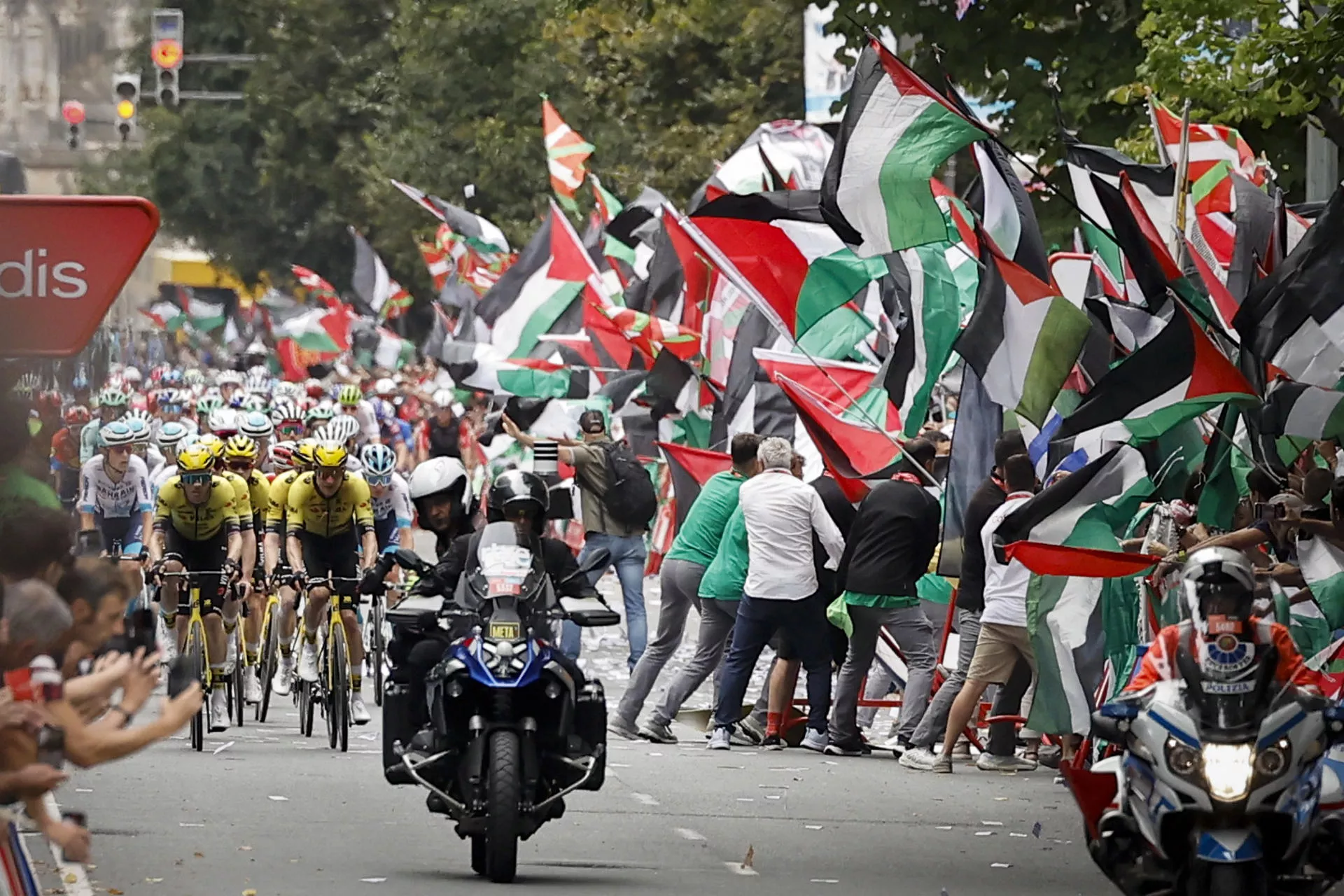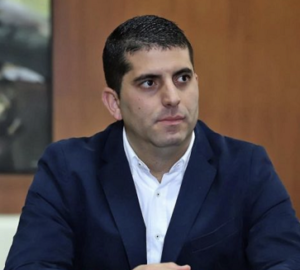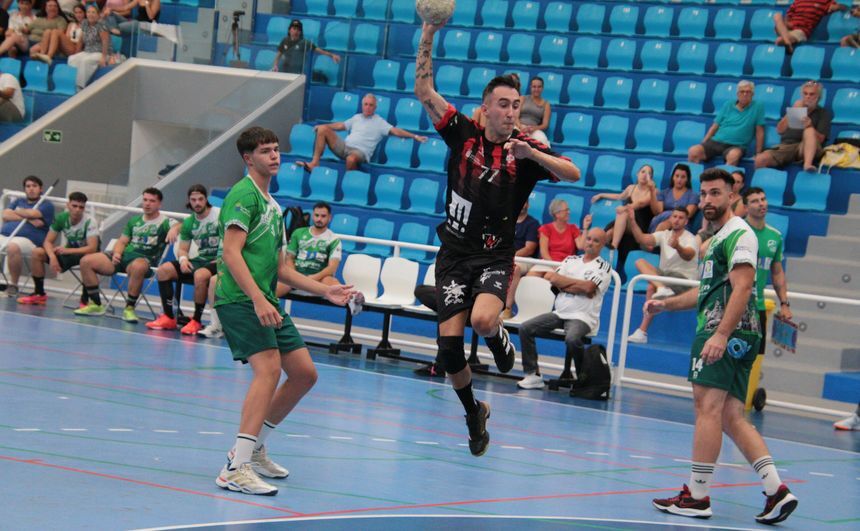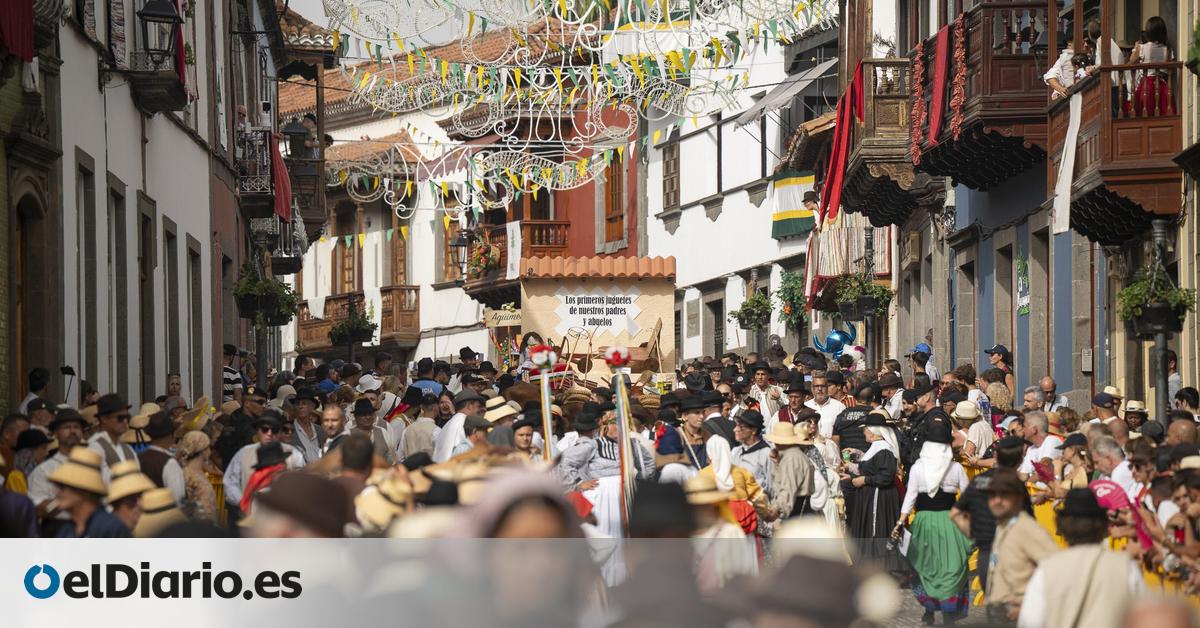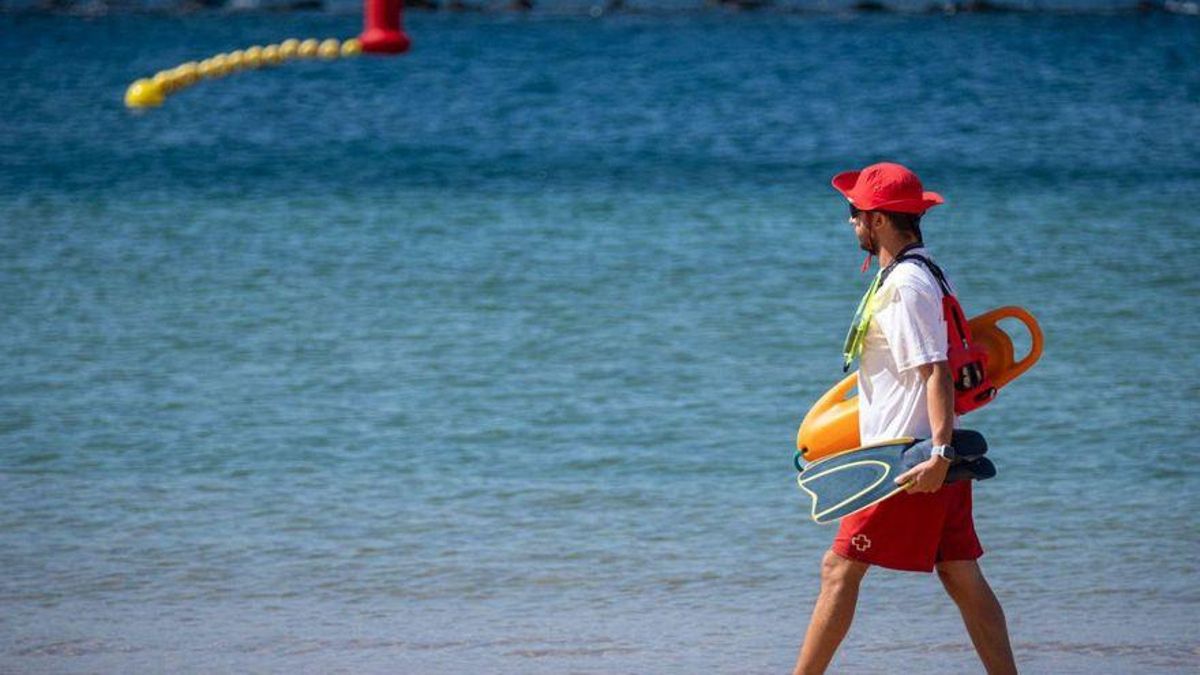This summer, after several years on the shelf, I finally took the plunge and read Berlin, 1936 by Oliver Hilmes. I devoured it in no time, immersed in the intertwining stories that the author weaves during the sixteen days of the XI Olympiad. Nazis such as Hitler, Göring, and Goebbels parade through its pages, alongside the musician Richard Strauss, writers Mascha Kaléko and Thomas Wolfe, filmmaker Leni Riefenstahl, and night-time outlaws of the German capital like Leon Henri Dajou and Mostafa El Sherbini. The propaganda office of the Reich issued orders to the country’s media, while diplomats like William Edward Dodd and anonymous Berliners made their way into the newspapers alongside the feats of athletes and the daily weather forecast.
The intersecting lives of all these characters and the context of those days in Berlin shape a larger picture, which carries significantly more weight than each individual story: the organisation of the Olympic Games as a showcase to demonstrate the grandeur of the Reich. The idea was conceived and executed by Goebbels, the Minister of Propaganda. For two weeks, as athletes competed for glory, the Nazi diplomatic machinery worked tirelessly. Foreign dignitaries were treated to a variety of events, from concerts and exhibitions to gala dinners and lavish parties. “I fear the Nazis have been successful in their propaganda,” wrote American journalist William Shirer.
Vuelta España
This week, I was reminded of my reading of Berlin, 1936 upon hearing statements from cyclist Carlos Verona, who called for “keeping politics out of sport” after the organisation of La Vuelta España neutralised the finish of a stage in Bilbao due to protests from around a hundred citizens in support of the Palestinian people and against the presence of the Israel-Premier Tech team in the Spanish tour — a squad funded by a businessman who boasts of being a friend of Netanyahu and supports the genocide in Gaza. The Lidl-Trek rider’s words echoed in sports debates and public statements from politicians of nearly all parties, provoking a series of loud laughs from me at such a display of naivety or foolishness — choose whichever term you deem more appropriate.
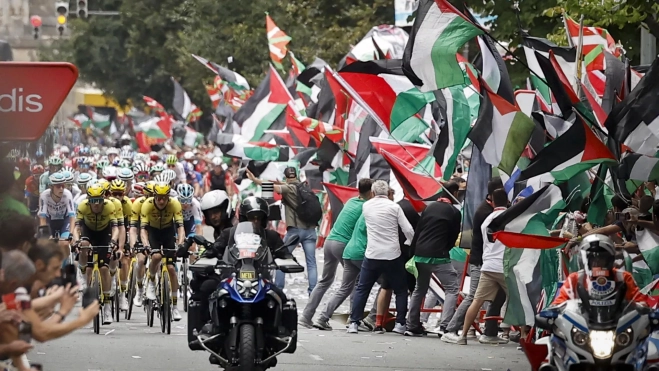
Sport has been intertwined with politics since humans formed tribes and competed with neighbouring groups for food or medals in the Olympics. Numerous examples exist over the past century: Italy’s success at the Los Angeles 1932 Olympics — where the country finished second in the medal tally — and the 1934 World Cup enabled Benito Mussolini to reap political benefits. Following the victory of the Popular Front in the 1936 elections, Spain was the only country that did not send a delegation of athletes to Berlin 36 as a show of condemnation against the Nazi government. Germany turned the Miracle of Bern — the victory of the Mannschaft in the 1954 World Cup final against Hungary — into a symbol of the rebirth of the German people after the Second World War.
Cold War
There’s more. The silver medals in basketball at the 1972 Munich Olympics still remain in a safe at the International Olympic Committee, as the United States players refused to collect them, believing the referees and table officials robbed them of victory in a remarkable final against the USSR — amidst the Cold War. At that same Olympic event, terrorists from Black September killed 11 members of the Israeli team. Eight years later, the United States boycotted the Moscow Olympics, using the Soviet invasion of Afghanistan as an excuse. Part of the communist block behind the Iron Curtain retaliated with a boycott at the Los Angeles 1984 Olympics.
Want more? There’s more. For years, the German Democratic Republic developed a meticulous doping programme to enable its athletes to outperform teams from the Federal Republic of Germany in all international competitions. The plan was so extreme that even 40 years later, Marita Koch’s world record in the 400 metres remains intact (47.60 seconds). But let’s not digress. Franco, isolated from the world, leveraged the successes of Real Madrid in the European Cup to open doors abroad. And Vázquez Montalbán dubbed FC Barcelona as the army of an unarmed country.
Open Debate
Dear reader, you might be wondering what this is all about. Let me explain myself. This text, beyond appearing in the Opinion section of Atlántico Hoy, is a public letter addressed to Antonio Morales and Aridany Romero, president and sports advisor — respectively — of the Gran Canaria Cabildo. For the past few days, an open debate has been taking place within the governing group of the island’s corporation concerning La Vuelta España, a competition that is set to hold its final four stages in the Canary Islands in 2026 — two in Gran Canaria and two in Tenerife — based on an agreement that Unipublic, the organising company, reached a few months ago with the Government of the Canary Islands and the cabildos of the capital islands.
The controversy within the Gran Canaria Cabildo evidently revolves around the highly likely presence of the Israel-Premier Tech team in La Vuelta 2026. The governing group of the island corporation, composed of members from Nueva Canarias, PSOE, and Primero Canarias, has publicly expressed support for the Palestinian people and condemned the genocide perpetrated by Israel. In this context, imagining the mere presence of a team created to whitewash the state of Israel generates quite a reaction. This is especially true as the public administration will have to disburse over two million euros for two stages to take place on the island’s roads.
Civic Action
Breaking the agreement with Unipublic and renouncing the return of La Vuelta España to Gran Canaria —the event has only passed through the island once, in 1988— seems like a viable option. I admit that, at first, upon learning what was brewing concerning this whole issue, it seemed like the most dignified option to me. However, as days go by, the more I observe the circumstances surrounding the race and read more about the Israel-Premier Tech team, the more I reconsider my initial position while reflecting on Oliver Hilmes’s book Berlin, 1936.
If the Gran Canaria Cabildo wants to show its support for the people of Gaza, where will its political stance gain more visibility? In a renouncement that might merit a brief mention in the national press, or through civic action during a major competition like La Vuelta España? The protests in Basque Country, Cantabria, Asturias or Galicia, for example, have ensured that the defence of the Palestinian cause occupies space in television debates, newspaper headlines, conversations among friends, at bar counters, and family gatherings. Some photos from these events have circulated worldwide and have carried more weight than most statements from our nation’s politicians. Should Gran Canaria forsake that opportunity? Is it better to hide away or to stand up?
Double Standards?
It is true that the Israel-Premier Tech team was formed to whitewash a genocidal state, but one must tread carefully regarding issues of ethical superiority. I present you with a dilemma: if a rider from the UEA team — funded by the United Arab Emirates — or a cyclist from Bahrain wins the stage at Pico de las Nieves, will Antonio Morales and Aridany Romero climb onto the podium to present the respective trophy? I’m sure I need not remind you how women’s rights or the rights of the LGBTQ+ community are respected in both countries, right? Let’s take it a step further: if Granca encounters an Israeli team again in a European competition, what will be the position of the Cabildo, which also owns the claretian club?
Sometimes, just sometimes, evil does not always triumph. Hitler and Goebbels projected the 1936 Berlin Olympics as a propaganda monument, a stage to showcase the superiority of the Aryan race. Did it play out well for them? At the time, they might have thought so. However, nine years later both were dead, and Germany had been devastated by the Second World War. The Berlin Games are remembered for the triumph of Jesse Owens, an African American athlete, the grandson of slaves from the southern United States, who won four gold medals: in the 100 metres, 200 metres, 4×100 metres, and long jump. Even in the darkest depths, a seed seeks the light.


